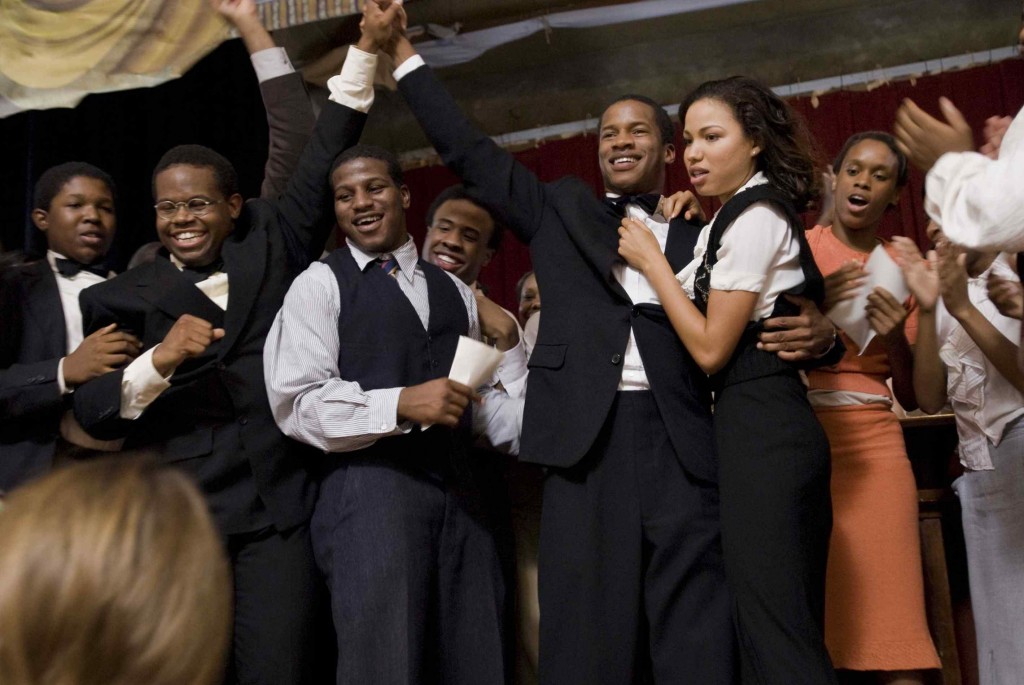In 1935, a small debate team from Wiley College in the sleepy town of Marshall Texas defeated the dominating national champion, The University of Southern California. This was a historically significant event as it marked a huge step forward for the legitimacy of the education provided by historically African American colleges and universities in the United States.
The thing is, Wiley’s debate coach Melvin Tolson viewed the victory over USC as completely irrelevant. Unimportant. Unnecessary. Incidental. In Tolson’s mind, the real triumph was that he got his team to believe that they had the right to challenge the national champions in the first place.
The reason why is because Tolson understood a fairly simple success secret – you are who you play. Wiley College was just a small dot on a small map and Tolson knew, that even if they lost that competition, that he had raised their expectations and their standards for themselves. By elevating your peer group, you elevate your expectations. For everything that the self-help books tell you about goal-setting, the most important factor in determining your potential success is to evaluate the people you compare yourself to.
Here’s a simple example. If you want to accurately guess an individual’s salary, then you just simply take the salaries of his or her five closest peers and then average it. What to know someone’s body fat percentage? Education level? Average five peers. It’s a simple formula, but an amazingly accurate one. So, if you want to raise the level of your game then you need to raise the level of your competition.
Now obviously I’m not suggesting that you go around challenging everyone in every area. But once you know what business you want to be in (i.e. what areas of your life or career that you want to succeed in) then you need to decide who you want your competition to be. The competition doesn’t have to be a zero-sum game (only one of you can win), but it does have to be public. Making up competitions in your own mind doesn’t count. Being very clear about who you intend to compete with has a lot of power because it opens you up to criticism and ultimately you’ll work harder because of that fact.
You are who you play. This is certainly not a new idea as Confucius once said “Never make friends with a man who isn’t greater than thyself,” but it is an extremely important one. Your performance is a direct reflection of the expectations of your peer group and if you want to be successful, then you need to get around others who are doing better than you. Humbling? Yes. Painful? Yes. Frustrating? Yes. Ultimate formula for success? Absolutely.
About the author: Chris Cowan is an executive coach and an expert in adult and organizational learning. He is currently working as a consultant with the Federal government. He has previously worked for the Department of Health and Human Services’ Center for Leadership Development and the George Washington University’s Graduate School of Education and Human Development. Previous consulting clients include, Fannie Mae, Samsung USA, the United States Air Force, and Microsoft. He has written or co-authored 13 articles on adult learning and is a certified action learning coach and training evaluator. Chris received his Masters from Harvard in 2005 and is currently writing his dissertation on transformational leadership at the George Washington University. He currently drives a 2008 Dodge Viper. Feel free to contact him with questions at Chrcowan@gmail.com.
